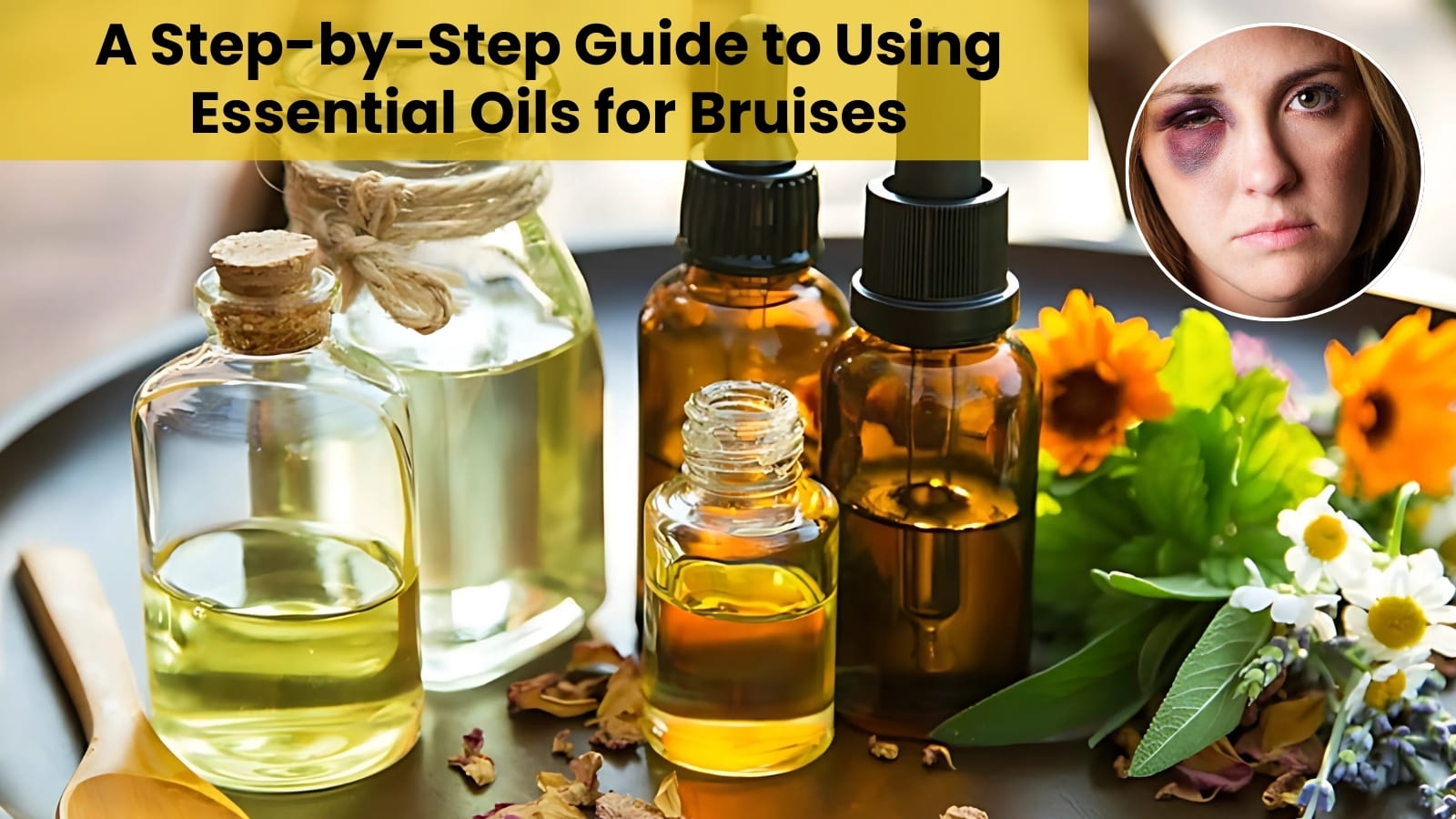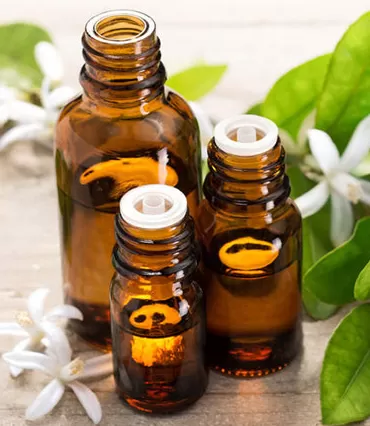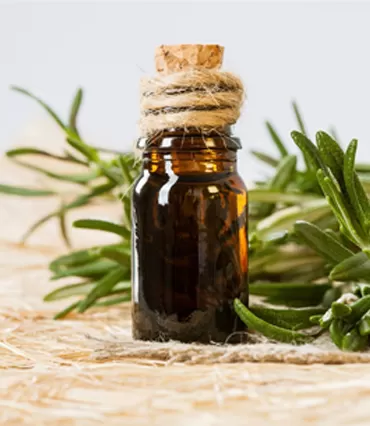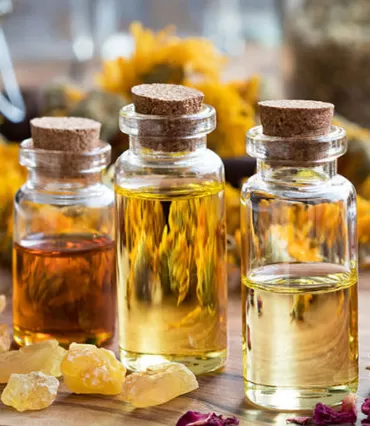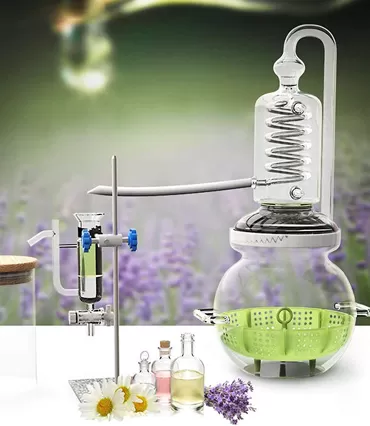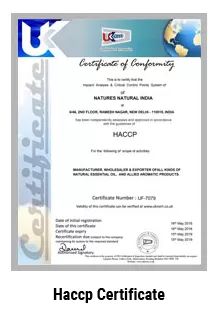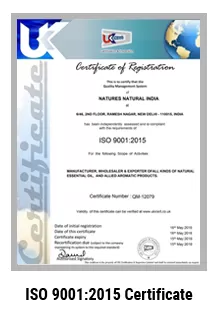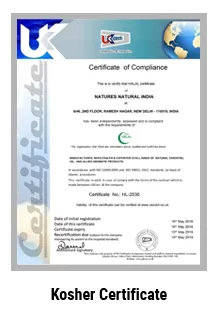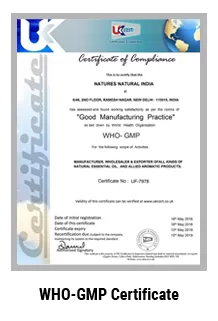Table Content
|
Introduction |
|
What Are Bruises? |
|
Why Do Bruises Occur? |
|
How Does A Bruise Heal? |
|
Can Essential Oils Help With Bruises? |
|
Benefits Of Using Essential Oils For Bruises |
|
Safety Precautions Before Using Essential Oils |
|
Best Essential Oils For Bruise Healing |
|
How To Use Essential Oils For Bruises? |
|
Easy DIY Essential Oil Recipes For Bruises |
|
Mistakes To Avoid |
|
How Long Does It Take To Heal? |
|
Tips To Prevent Bruises |
|
When Should You See A Doctor? |
|
Final Thoughts |
Introduction
Bruises are a part of our everyday lives. They can occur for a variety of reasons, from bumping into furniture to minor sports injuries. Although minor bruises usually heal independently, essential oils can naturally support the healing process. With their soothing, anti-inflammatory, and skin-healing properties, essential oils help reduce pain, swelling, and discoloration, These oils help bruises heal faster.
In this blog, you will learn everything about bruises, how essential oils work, and how to use them effectively at home.
What Are Bruises?
A bruise occurs when small blood vessels under your skin break due to an impact. The leaked blood becomes trapped at the site of injury, causing the skin to change color. Fresh bruises usually appear red, then turn blue, purple, green, yellow, and finally fade. This color change is part of your body's natural healing.
Why Do Bruises Occur?
There are several common causes of bruises, including:
-
Minor Accidents – These accidents happen due to hitting an object or slipping suddenly.
-
Sports Activities – You can also get injured from a fall or contact injury during a sport..
-
Tight Clothing or Heavy Loads – Tight clothing or heavy loads: Sometimes this may be due to pressure on the skin from bags or clothing.
-
Health Conditions – Vitamin deficiencies in the body, aging, or certain medications may cause you to bruise easily.
How Does a Bruise Heal?
The treatment process of bruises is very simple. Let's know how it heals:
-
Initial Injury: Blood vessels break and blood leaks out, causing redness and swelling.
-
Color Changes: As blood loses oxygen, the bruise darkens to blue or purple.
-
Breaking Down of Blood: Your body naturally breaks down the trapped blood, changing the bruise to green, yellow, and brown.
-
Complete Healing: Within 7-14 days (depending on the bruise), your skin returns to normal.
Can Essential Oils Help with Bruises?
Yes! Essential oils are packed with natural compounds that:
-
Reduce swelling
-
Soothe pain
-
Boost blood circulation
-
Speed up skin healing
When used correctly, essential oils support your body’s natural healing and make bruises fade more quickly.
Benefits of Using Essential Oils for Bruises
Here’s why you should consider essential oils:
-
Reduce Inflammation: Oils like lavender and chamomile soothe swelling.
-
Improve Circulation: Helichrysum and cypress oils help improve blood flow to clear trapped blood faster.
-
Speed Up Skin Recovery: Oils like frankincense help regenerate healthy skin.
-
Soothe Pain: Lavender and arnica oils relieve soreness.
-
Natural & Gentle: Essential oils provide a chemical-free, skin-friendly solution for bruises.
Safety Precautions Before Using Essential Oils
Essential oils are powerful and concentrated. Always follow these safety tips:
-
Dilute Properly: Mix 3-5 drops of essential oil with 1 tablespoon of carrier oil (coconut, almond, or jojoba oil).
-
Patch Test First: Apply a small amount on your skin to check for allergies.
-
Avoid Sensitive Areas: Don’t apply near the eyes, mouth, or open wounds.
-
Consult a Doctor: Especially if you’re pregnant, breastfeeding, or have a medical condition.
Best Essential Oils for Bruise Healing
These essential oils are popular and effective for treating bruises:
1. Lavender Oil
Lavender oil is one of the most popular and versatile essential oils, known for its calming, soothing, and anti-inflammatory properties. It plays a key role in the treatment of bruises, providing relief from pain and helping reduce inflammation.
-
Pain Relief: Lavender oil is often used for its analgesic (pain-relieving) properties. It can help reduce the soreness that usually accompanies bruising, especially in the initial stages when the pain is at its peak. The calming effect of lavender can also help reduce any stress or discomfort caused by the bruise.
-
Swelling Reduction: Lavender has anti-inflammatory properties that help reduce swelling and inflammation in the bruised area, promoting faster recovery.
-
Promotes Healing: Lavender oil encourages the skin’s natural healing process by promoting blood flow and cellular regeneration. It also helps balance the skin's moisture levels, keeping the affected area hydrated and supporting the healing of damaged skin.
-
How to Use: Mix 3-5 drops of lavender oil with a tablespoon of carrier oil (such as coconut or jojoba oil) and apply it gently to the bruise. You can repeat this 2-3 times a day until the bruise starts fading.
2. Helichrysum Oil
Helichrysum oil, often called the "bruise oil," is one of the most powerful essential oils for improving circulation and accelerating the healing process of bruises. Its popularity in treating bruises is primarily due to its ability to break down the trapped blood beneath the skin and promote quicker recovery.
-
Improves Circulation: One of the key functions of helichrysum oil is its ability to stimulate blood flow to the affected area. This helps the body break down the blood that has pooled beneath the skin more quickly, reducing the appearance of bruising and speeding up the healing process.
-
Reduces Bruising: Known for its potent anti-inflammatory and tissue-healing properties, helichrysum oil helps to reduce swelling and redness around the bruised area. It also aids in reducing the size of the bruise and improving the skin’s appearance as it heals.
-
Skin Regeneration: Helichrysum is rich in compounds that promote tissue regeneration. This oil is often used in skin care for its ability to support cell repair and regeneration, making it ideal for treating bruises that involve broken or damaged skin.
-
How to Use: Add 3-5 drops of helichrysum oil to a tablespoon of carrier oil and apply it directly to the bruise. For best results, use it twice a day, especially in the first few days after the injury.
3. Arnica Oil
Arnica oil is widely known and used for its effectiveness in treating bruises, sprains, and strains. Derived from the Arnica montana plant, it has been used for centuries in herbal medicine for its pain-relieving and anti-inflammatory properties.
-
Reduces Swelling and Inflammation: Arnica is particularly effective at reducing swelling and inflammation around bruises. It works by stimulating blood flow, which helps to clear out the pooled blood that causes the bruise’s dark coloration.
-
Pain Relief: Arnica oil is often used to relieve muscle pain, aches, and bruising. It helps soothe the soreness and discomfort that often accompany bruises, providing quick relief and promoting healing.
-
Prevents Further Bruising: Arnica oil can also be used preventatively to reduce the likelihood of bruising, particularly for people who bruise easily due to certain medications or health conditions.
-
How to Use: Apply 3-5 drops of diluted arnica oil (mixed with a carrier oil) to the bruised area. Massage it gently into the skin, focusing on the swollen or tender spots. You can apply this 2-3 times a day until the bruise fades.
4. Frankincense Oil
Frankincense oil is another excellent option for bruises, especially for its skin-healing properties. It is often used for its ability to promote skin regeneration and reduce discoloration.
-
Skin Repair and Regeneration: Frankincense is known for its ability to promote skin cell regeneration and repair. It helps in rejuvenating damaged skin and can accelerate the healing of bruised tissue, leading to a faster recovery time.
-
Reduces Discoloration: One of the most prominent benefits of frankincense oil for bruises is its ability to help reduce discoloration. It encourages the breakdown of the pooled blood under the skin, which helps to lighten dark bruises more quickly, improving the appearance of the skin.
-
Anti-Inflammatory: Like many other essential oils, frankincense also has anti-inflammatory properties, which help in reducing the swelling and redness around the bruise.
-
How to Use: To treat bruises, mix 3-5 drops of frankincense oil with a carrier oil and gently massage it into the bruised area. For optimal results, apply this oil 2-3 times a day, especially during the initial stages of bruising.
5. Chamomile Oil
Chamomile oil, often derived from either Roman or German chamomile, is an essential oil known for its calming properties. It is particularly beneficial for reducing inflammation and soothing sore skin, making it an excellent choice for treating bruises.
-
Calms Inflammation: Chamomile oil has strong anti-inflammatory properties that can help reduce the swelling and redness associated with bruising. It calms the skin and reduces the discomfort caused by inflammation, allowing the bruise to heal more quickly.
-
Soothes Sore Skin: Chamomile is gentle on the skin, making it ideal for sensitive or irritated skin. It helps to soothe sore and bruised skin, providing relief from the pain and discomfort associated with bruising.
-
Promotes Healing: In addition to its anti-inflammatory benefits, chamomile oil helps promote overall healing of the skin. It supports the regeneration of damaged tissues, encouraging the skin to heal faster and more efficiently.
-
How to Use: To use chamomile oil, dilute 3-5 drops with a tablespoon of carrier oil, such as almond or coconut oil. Apply it gently to the bruised area and massage it in with light pressure. Chamomile can be applied 2-3 times a day to speed up the healing process.
How to Use Essential Oils for Bruises?
To use essential oil for injuries, follow these simple steps for effective bruise treatment:
-
Pick the Right Oil: Choose an oil depending on your needs—lavender for pain relief, helichrysum for faster healing.
-
Dilute the Oil: Mix 3-5 drops of essential oil with 1 tablespoon of carrier oil.
-
Clean the Bruised Area: Gently wash the area with mild soap and water.
-
Apply the Oil Blend: Massage gently over the bruise using your fingers or a cotton ball.
-
Massage Lightly: Use gentle circular motions to improve circulation.
-
Repeat Regularly: Apply 2-3 times daily until the bruise fades.
Easy DIY Essential Oil Recipes for Bruises
Simple Healing Blend
-
5 drops Lavender Oil
-
3 drops Helichrysum Oil
-
2 tablespoons Coconut Oil
How to Use: Apply gently to the bruise 2-3 times daily.
Anti-Inflammatory Bruise Roller
-
3 drops Arnica Oil
-
4 drops Frankincense Oil
-
10 ml Jojoba Oil (in a roller bottle)
How to Use: Roll over the bruise 2-3 times daily.
Soothing Compress
-
2 cups Warm Water
-
5 drops Chamomile or Lavender Oil
How to Use: Soak a clean cloth in the mixture, wring it out, and apply to the bruise for 15 minutes.
Mistakes to Avoid
-
Avoid applying undiluted oils directly.
-
Don’t massage too hard.
-
Never skip a patch test.
-
Avoid applying heat within the first 24 hours.
How Long Does It Take to Heal?
Small bruises may heal within a few days, while larger ones might take 1-2 weeks. Consistent use of essential oils speeds up healing and reduces pain and discoloration.
Tips to Prevent Bruises
-
Wear protective gear during sports.
-
Boost your diet with Vitamin C and K.
-
Keep your home clutter-free.
-
Exercise to strengthen muscles.
-
Stay hydrated for healthier skin.
When Should You See a Doctor?
-
If the bruise doesn’t fade after two weeks.
-
If bruises appear without any clear reason.
-
If bruising is frequent.
-
If you experience severe pain or swelling.
Final Thoughts
Essential oils are gentle, natural, and effective in helping bruises heal faster and more comfortably. By following this step-by-step guide, you can ease discomfort, reduce swelling, and enjoy quicker recovery. Remember to be consistent, gentle, and patient, and your skin will thank you.If you are looking to buy essential oils for injuries, order from Natures Natural India, one of the best essential oil manufacturers and suppliers in India. They offer organic, GC-MS certified essential oils.

